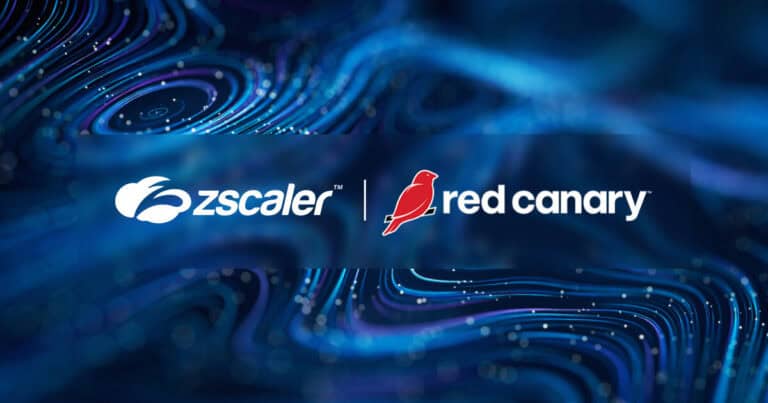Zscaler has signed a definitive agreement to acquire Red Canary. The zero-trust player wants to strengthen its AI-driven security operations with the acquisition. Red Canary is recognized for its Managed Detection and Response services, boasting over ten years of experience in security operations.
The acquisition is expected to close in August, subject to regulatory approvals. Red Canary helps organizations investigate threats up to ten times faster with 99.6 percent accuracy. The combination with Zscaler’s data volume and ThreatLabz research team will lead to an automated Security Operations Center.
Zscaler processes more than 500 billion transactions daily through its cloud security platform. “The proposed acquisition of Red Canary is a natural expansion of our capabilities into managed detection and response and threat intelligence,” said CEO Jay Chaudhry. Red Canary combines high-fidelity signals with agentic AI, behavioral analytics, and global threat intelligence. This approach is designed to help security teams respond to threats faster and more accurately.
AI-driven automation
The main goal of the collaboration is to automate remediation workflows within security operations. Traditional SOCs often struggle with missed signals and incomplete threat analysis. The integration aims to address these pain points by improving detection, triage, investigation, and response.
“For over 10 years, we’ve protected our customers by combining high-fidelity signals with agentic AI, behavioral analytics, and global threat intelligence,” said Red Canary CEO Brian Beyer. The acquisition provides access to Zscaler’s global scale and granular data, which he believes is essential for advanced AI and threat intelligence.
Expansion of Zero Trust vision
Zscaler also recently acquired Avalor for data fabric technology and offers services such as Risk360 and Zscaler Digital Experience. Red Canary’s expertise includes threat detection and response for endpoints, identity, network, and cloud workloads. This coverage complements Zscaler’s Zero Trust Exchange platform.
The combination is expected to enable organizations to better deal with modern cyber threats. Security teams should be able to work more efficiently and spend less time on manual processes. The acquisition is part of a broader trend among cloud security providers to expand their portfolios with AI-driven solutions.
